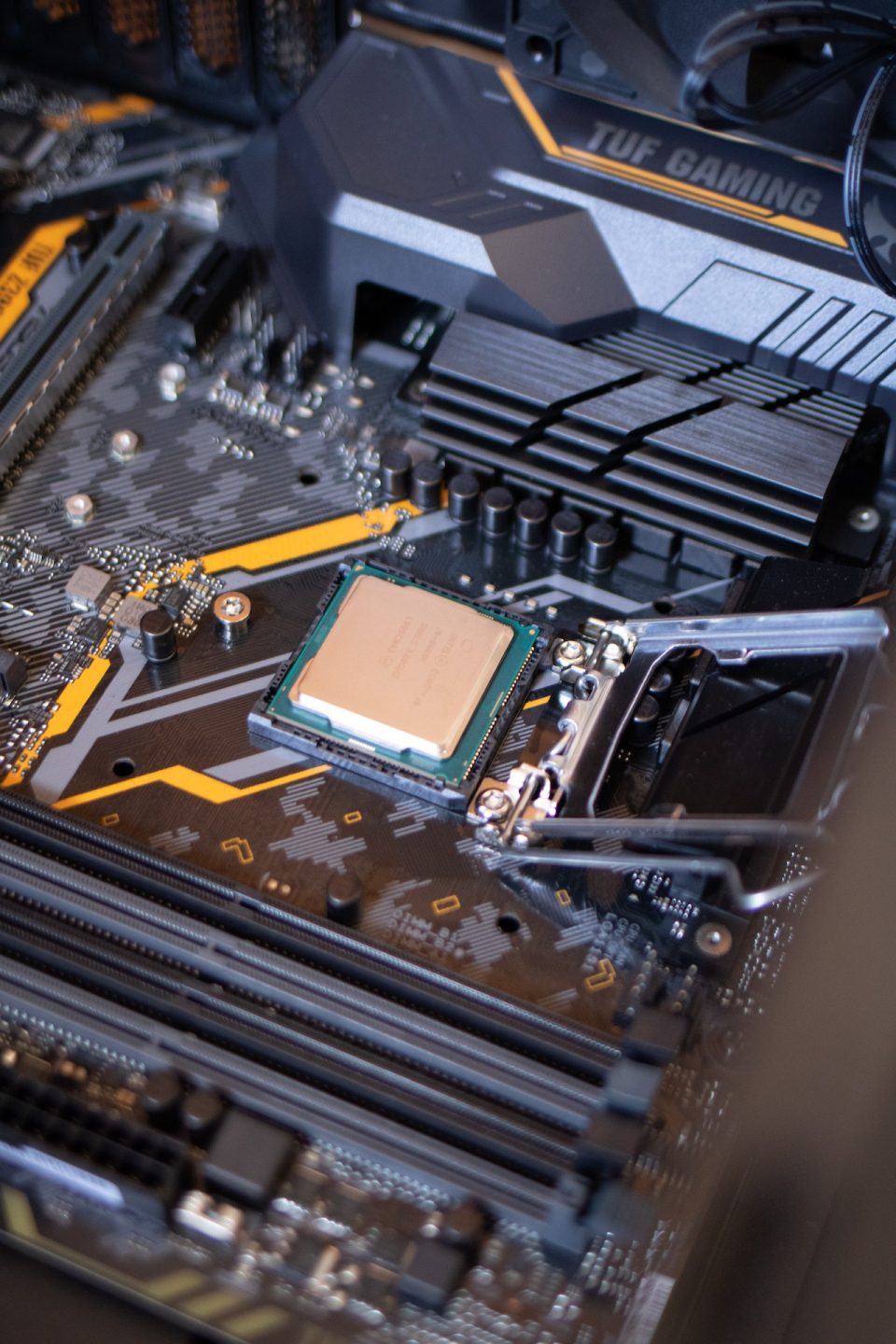NVIDIA, the leading force in Artificial Intelligence computing chips, is gearing up to enter the personal computer market, a domain traditionally ruled by Intel since 1982. Sources close to the matter have revealed that the chip giant is quietly in the process of developing Central Processing Units (CPUs) compatible with Microsoft’s Windows Operating System, integrating technology from Arm Holdings.
This strategic move by NVIDIA comes in the wake of Apple’s remarkable expansion in the PC sector. Since the launch of their Arm-based chips for Mac Computers in 2018, the tech behemoth has nearly doubled its market share, as per data from research firm IDC. Notably, Advanced Micro Devices (AMD) is also eyeing a foray into the PC realm with chips utilizing Arm technology, insiders suggest.
Market analysts project that NVIDIA and AMD could see their chips hitting the shelves of Windows PCs as early as 2025, presenting a significant shift in the industry landscape. Qualcomm, a notable player in the laptop sector with Arm-based chips since 2016, is slated to unveil further details about a flagship chip, conceived by a team of ex-Apple engineers, at an event scheduled for Tuesday, March 7th.
The joint endeavor by NVIDIA, AMD, and Qualcomm holds the potential to disrupt Intel’s longstanding monopoly in the PC market, promising innovative models and enhanced battery performance from these cutting-edge designs. Representatives from NVIDIA, AMD, Arm, and Microsoft declined to comment on the development.
Microsoft, a driving force behind this transition, recognizes the efficiency of Apple’s Arm-based chips and aims to replicate similar performance in their own designs, sources report. The tech giant has also been advocating for the incorporation of Advanced AI features within the chips.
In 2016, Microsoft enlisted Qualcomm to spearhead the transition to Arm’s underlying processor architecture for the Windows operating system. According to insiders, this partnership is set to conclude in 2024, opening the door for other manufacturers to enter the arena.
Reactions to this development have been mixed, with some anticipating a seismic shift in the PC industry, while others express concerns about potential software challenges in the transition from x86 computing architecture to Arm-based design. Intel, in response, has been actively integrating AI features into its chips, although no official statement regarding this recent development was provided by Intel spokesperson Will Moss.
Reports of AMD’s venture into the Arm-based PC market were initially disclosed by chip-focused publication SemiAccurate
In conclusion, the entry of NVIDIA into the personal computer market promises to reshape the industry landscape and challenge Intel’s decades-long dominance.. Only time will unveil the true extent of the influence these chip giants may wield and whether their efforts to introduce much-needed diversity and competition will come to fruition.
Source: Reuters

